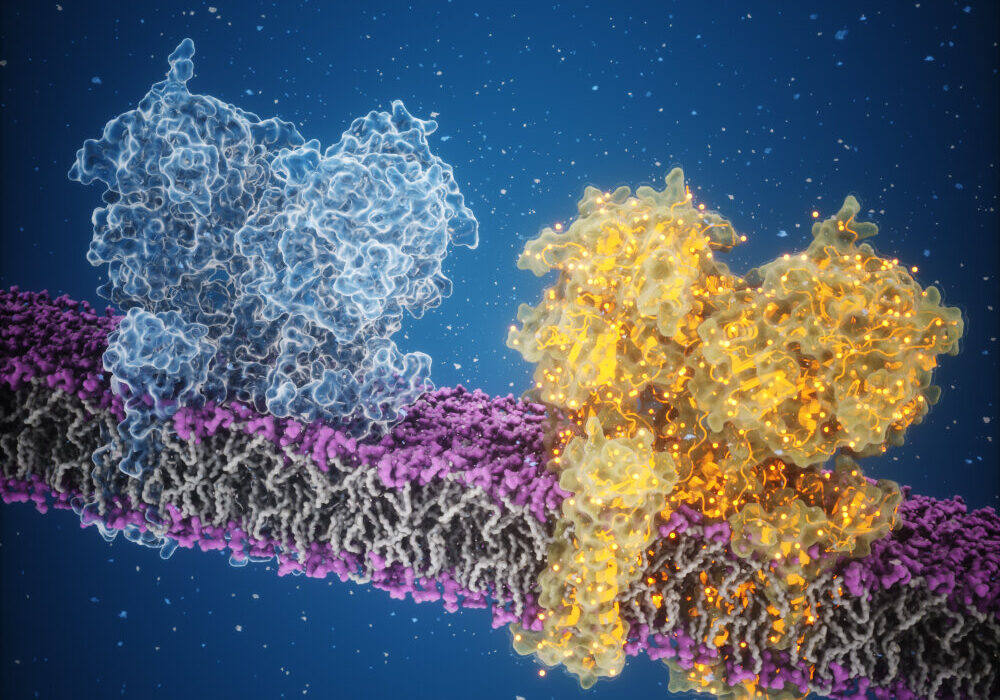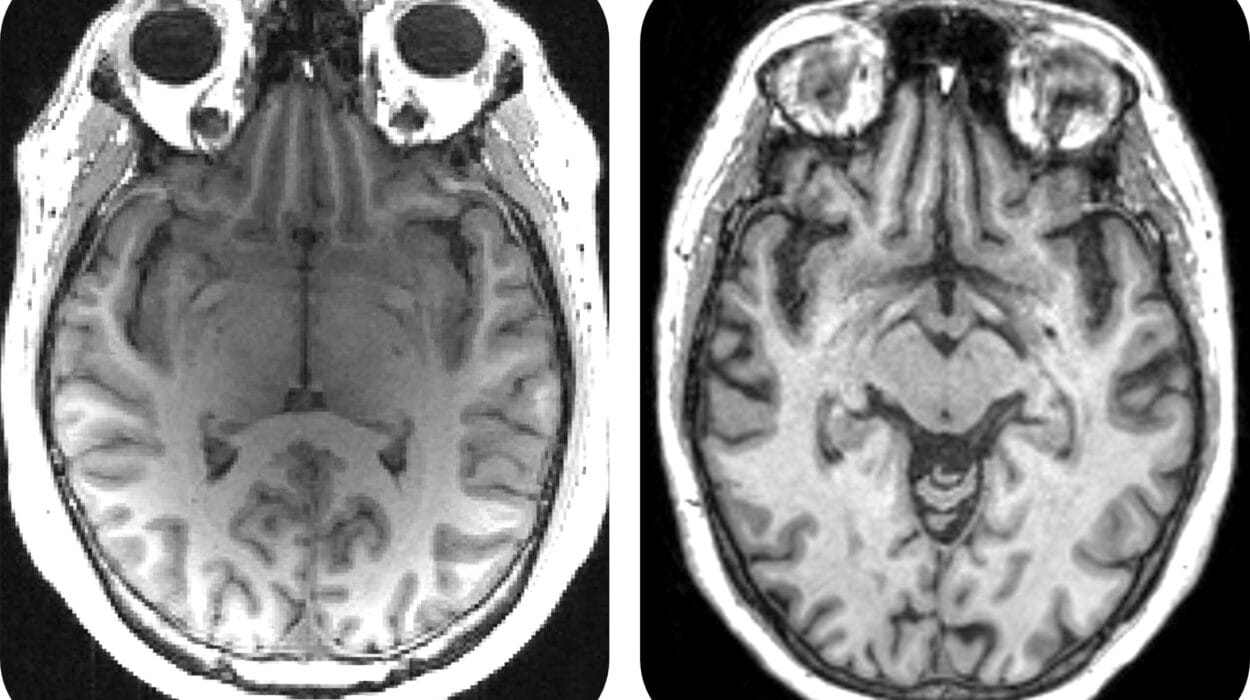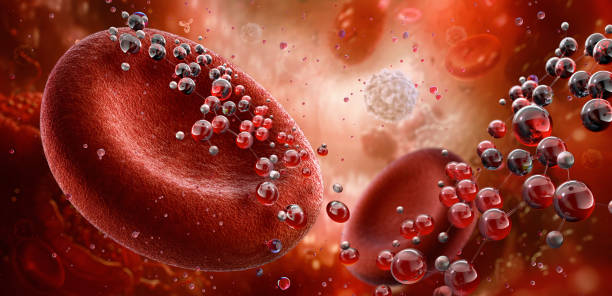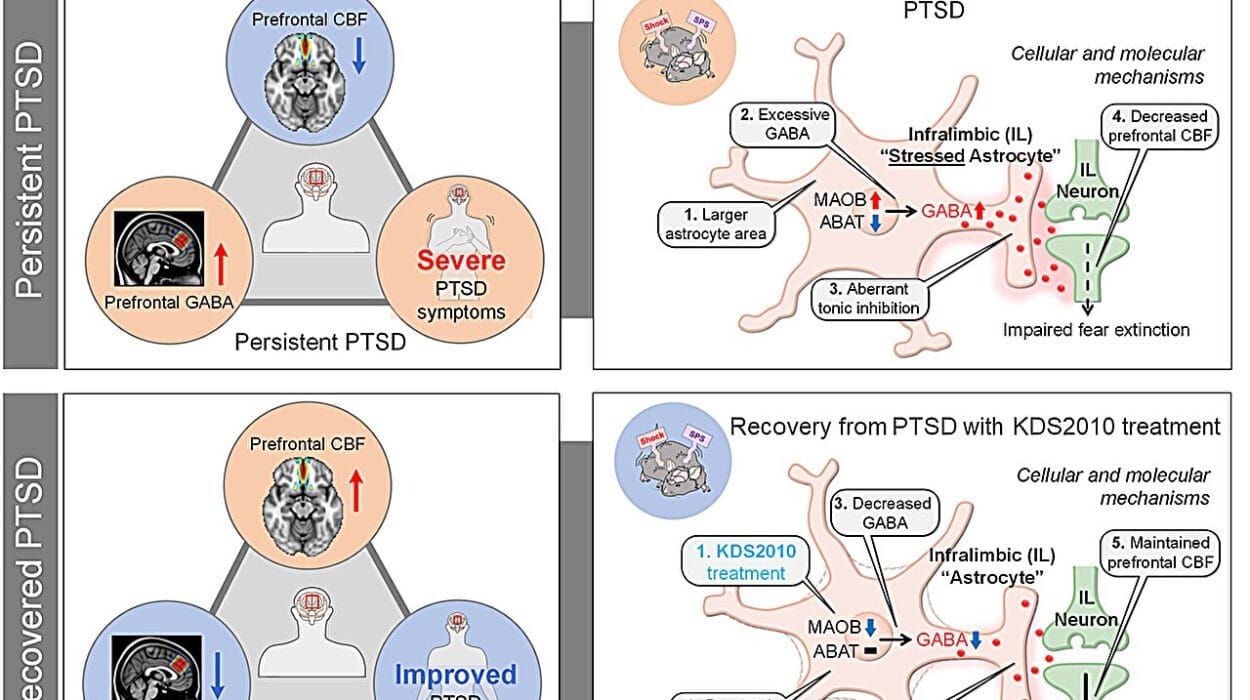We all have days when our minds feel like a swirling storm of thoughts—memories colliding with worries, dreams entangled in doubts. Mental health isn’t just about avoiding sadness or steering clear of anxiety. It’s about thriving inside your own mind, nurturing a relationship with yourself so solid, it becomes your anchor in the chaos. Yet, in a world spinning with screens, schedules, and social pressures, how do we take care of that most invisible, yet most influential, part of our being?
Improving mental health isn’t something you achieve once and check off a list. It’s a daily practice—like brushing your teeth, eating your meals, or charging your phone. Your mind, after all, is your life’s operating system. And like any system, it runs best when you treat it with care, consistency, and compassion.
So how do you build that care into your day? Not with grand, time-consuming rituals or expensive retreats—but with small, consistent, powerful habits that can transform the way you feel, think, and live. Let’s dive deep into the everyday science and art of improving your mental health, one mindful moment at a time.
Waking Up with Intention: Your Morning Mindset Matters
Morning. For some, it’s the promise of a new start. For others, it’s a battle against the snooze button. But how you greet the day sets the tone for everything that follows. That groggy moment when your eyes first blink open is the first doorway into either mental clarity or chaos.
Starting your day with intention doesn’t mean immediately launching into a five-mile run or a 30-minute meditation. It could be as simple as lying still for a moment, taking three slow breaths, and asking yourself: “What do I need today?”
This question is a gentle, powerful check-in. Some days the answer might be “patience,” other days “focus” or “joy.” Whatever it is, you’ve already begun your day with self-awareness. That act alone can shift your mental state from reaction to reflection.
Avoid diving straight into your phone. Social media, emails, and news notifications can hijack your mental space before your thoughts even get a chance to form. Give your own mind the respect of attention before you allow the outside world in.
Movement Is Medicine for the Mind
If someone told you there was a pill that reduced anxiety, elevated mood, sharpened your focus, helped you sleep better, and even improved your memory—wouldn’t you take it? Well, it exists. It’s called exercise. And no, it doesn’t require a gym membership or a six-pack goal.
Exercise changes your brain chemistry in real time. Physical movement releases endorphins—your brain’s natural feel-good chemicals. It boosts serotonin and dopamine, which are often depleted in people suffering from depression. It also increases blood flow to the brain, improving cognitive functions like learning and decision-making.
Even a brisk 10-minute walk can have noticeable effects. The rhythm of your steps, the shift in scenery, the simple act of moving through space—it helps untangle the thoughts that feel stuck in your head. And on a cellular level, exercise increases the production of brain-derived neurotrophic factor (BDNF), a protein that supports the growth and survival of brain cells.
The key? Make it enjoyable. Dance in your living room. Stretch on the floor. Do pushups during TV commercials. It doesn’t have to be structured to be effective. It just has to be consistent.
The Power of Nourishment: What You Eat Affects How You Feel
You are what you eat—and that includes your mood. While mental health is far more complex than your diet alone, food plays a surprisingly influential role. The gut and the brain are in constant conversation. In fact, about 90% of your serotonin (a key mood regulator) is produced in the gut. Feed your gut well, and your mind follows suit.
A diet high in refined sugars, processed foods, and artificial additives can lead to inflammation, energy crashes, and mood swings. On the flip side, whole foods—fruits, vegetables, whole grains, lean proteins, and healthy fats—support balanced energy and brain function.
Omega-3 fatty acids (found in fish, flaxseeds, and walnuts) are particularly important for brain health. Fermented foods like yogurt, kefir, kimchi, and sauerkraut support gut bacteria, which in turn support emotional resilience.
And then there’s hydration. Dehydration can cause fatigue, irritability, and brain fog. Drinking enough water is one of the simplest, most overlooked habits for maintaining mental clarity.
Treat every meal as an act of care, not control. It’s not about strict diets—it’s about mindful nourishment. What you put on your plate echoes in your thoughts.
Digital Boundaries: Reclaiming Your Mind from the Screen
We live in the age of infinite scrolls and constant notifications. While technology has revolutionized communication, education, and convenience, it has also silently invaded our attention span, our sleep, and our sense of self.
Studies have linked excessive screen time—especially on social media—to increased rates of depression, anxiety, and loneliness. The comparison trap is real. We see highlight reels of other people’s lives and start measuring our worth against curated illusions.
Setting digital boundaries doesn’t mean rejecting technology—it means using it consciously. Turn off non-essential notifications. Designate “phone-free” zones—like during meals or in bed. Use apps that track your screen time and help you manage it.
And most importantly, curate your digital environment. Unfollow accounts that make you feel inferior. Follow those that inspire, educate, or uplift. You have the power to shape your online world to support your real-world wellness.
The Art of Stillness: Making Space for Mindfulness
In a world obsessed with productivity, stillness can feel like a rebellion. But it’s in stillness that your mind finds rest, clarity, and peace. Practicing mindfulness doesn’t require a retreat in the Himalayas or hours of meditation. It begins with noticing—really noticing—what’s happening inside and around you.
Mindfulness is simply the practice of paying attention, on purpose, in the present moment, without judgment. It can be practiced while washing dishes, walking, eating, or breathing. It helps you slow the mental chatter and reconnect with your body, your breath, and your being.
Studies show that regular mindfulness practice reduces anxiety, enhances emotional regulation, and even changes the structure of the brain—shrinking the amygdala (the fear center) and strengthening the prefrontal cortex (responsible for decision-making and self-control).
Even five minutes a day can make a difference. Try this: Sit comfortably. Close your eyes. Breathe in deeply through your nose for four seconds, hold for four seconds, and exhale for six. Repeat. When your mind wanders, gently bring it back. That’s it. That’s the gym of the mind. And every rep counts.
Sleep: The Underrated Superpower
If food fuels your body and exercise trains it, sleep repairs it. And not just your body—your mind, too. During sleep, your brain consolidates memories, processes emotions, and detoxifies itself. It’s like a nightly reboot that prepares you to meet the world with resilience and clarity.
Yet millions of people neglect or sacrifice sleep in favor of late-night scrolling, binge-watching, or catching up on work. Chronic sleep deprivation has been linked to increased risks of depression, anxiety, and even suicidal ideation.
Creating a healthy sleep routine starts with consistency. Go to bed and wake up at the same time every day, even on weekends. Dim the lights an hour before sleep. Avoid screens, caffeine, and heavy meals late at night. Create a calming bedtime ritual—reading, soft music, or gentle stretching.
Quality sleep is not laziness. It’s medicine. And it’s one of the most powerful daily tools you have for maintaining mental health.
Connection: The Antidote to Isolation
Human beings are wired for connection. We’re social creatures, not meant to go it alone. Yet modern life often separates us from real, meaningful relationships. We interact more through screens than through shared meals, eye contact, or laughter.
Loneliness is not just painful—it’s toxic. It’s been associated with increased risk of mental illness, cardiovascular disease, and early death. The irony? You can be surrounded by people and still feel alone.
Improving your mental health means cultivating authentic connections. This doesn’t require a massive social circle. One or two deep, genuine relationships can be enough. Make time to reach out. Share honestly. Listen fully. Ask for help when you need it. Offer help when you can.
And remember, connection also includes the relationship you have with yourself. Self-talk matters. Be your own friend. Speak to yourself as you would to someone you love.
Gratitude: Shifting the Lens
In a world that constantly tells you to want more, be more, do more—it’s easy to feel like you’re never enough. That’s where gratitude comes in. It’s not about denying pain or pretending everything’s perfect. It’s about choosing to focus, even briefly, on what’s going right.
Daily gratitude practice rewires your brain. It activates regions associated with dopamine, the brain’s reward chemical. It shifts your mindset from scarcity to abundance, from anxiety to contentment.
Try writing down three things you’re grateful for every day. They can be big or small—a good cup of tea, a smile from a stranger, a moment of peace. Over time, this simple act becomes a lens that colors your whole life differently.
Gratitude doesn’t solve all problems. But it changes the way you hold them.
Creativity and Play: Mental Health’s Forgotten Allies
When was the last time you did something just for fun? No goal, no productivity, no “return on investment”? Just pure, joyful creation or exploration?
Play isn’t just for kids. Adults need it too—perhaps even more. Play sparks creativity, reduces stress, and activates parts of the brain associated with problem-solving and emotion regulation.
Whether it’s painting, writing, gardening, cooking, dancing, or building something with your hands—creative expression is a profound form of therapy. It gives your mind space to wander, to wonder, to feel.
Reclaiming creativity isn’t about being “good” at something. It’s about being present in something. Let go of perfection. Embrace the mess. Your mental health will thank you.
The Long Game: Progress, Not Perfection
Mental health is not a destination. It’s a practice. And like any practice, it has good days and hard days. Some days you’ll meditate, eat well, and sleep like a baby. Other days you’ll feel anxious, isolated, or overwhelmed. That’s okay.
What matters is not perfection but persistence. Progress is the goal. And progress often looks like trying again, and again, and again.
Be patient with yourself. Celebrate the small wins. Learn from the setbacks. And most importantly, keep showing up for your mind the way you’d show up for a loved one. Because you are worthy of that care.
Conclusion: Building Your Inner Sanctuary
Your mental health is the foundation of your life. It affects how you love, work, think, create, and dream. It’s not separate from your day—it is your day. Every thought, every breath, every interaction begins and ends in the mind.
Improving your mental health daily doesn’t require perfection or dramatic change. It requires intention. It requires kindness—toward yourself and others. It requires showing up for your own well-being, even when no one else sees it.
Start small. Start where you are. Begin with one breath, one step, one habit. And trust that each act of care is building something sacred—a resilient, peaceful, powerful mind that can weather the world and still find joy in it.
Because mental health isn’t just the absence of illness. It’s the presence of vitality, purpose, and the quiet confidence that no matter what today holds—you’ve got this.






